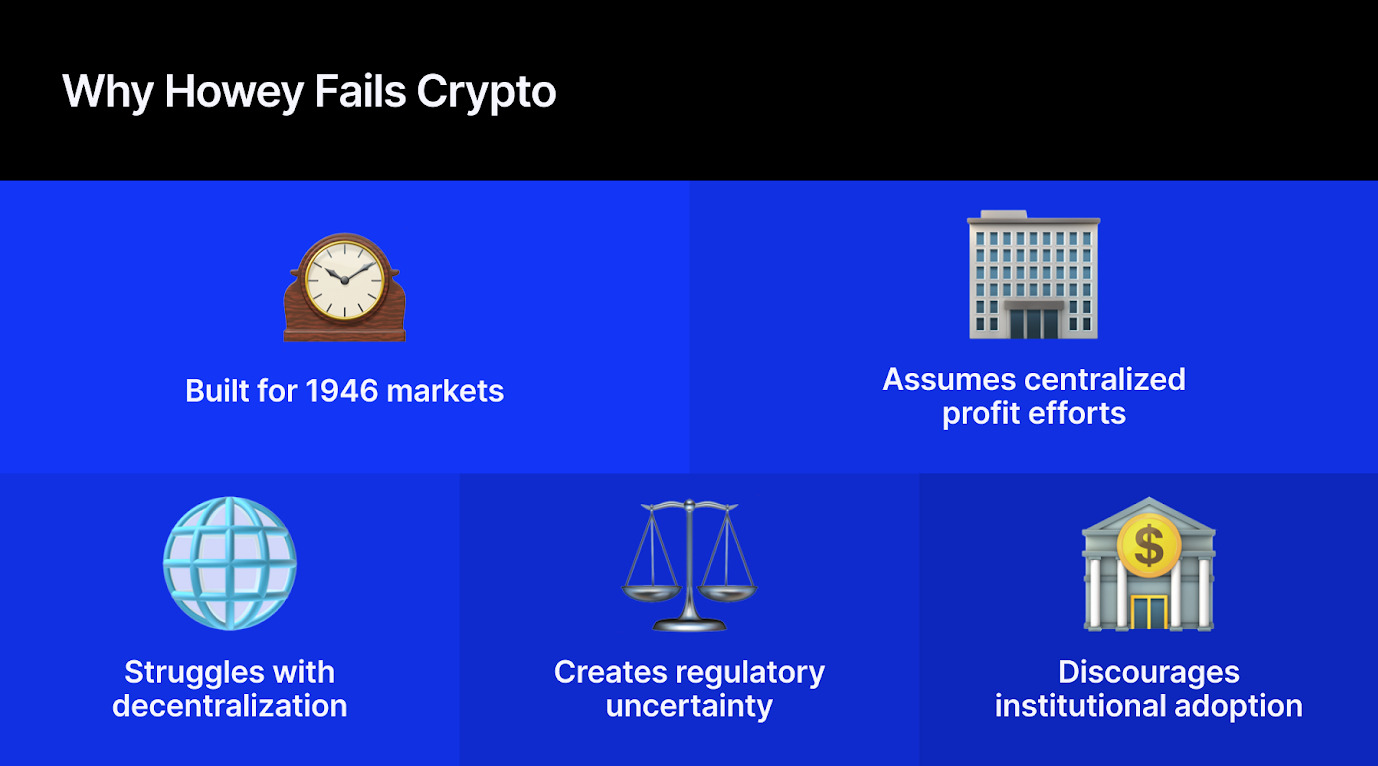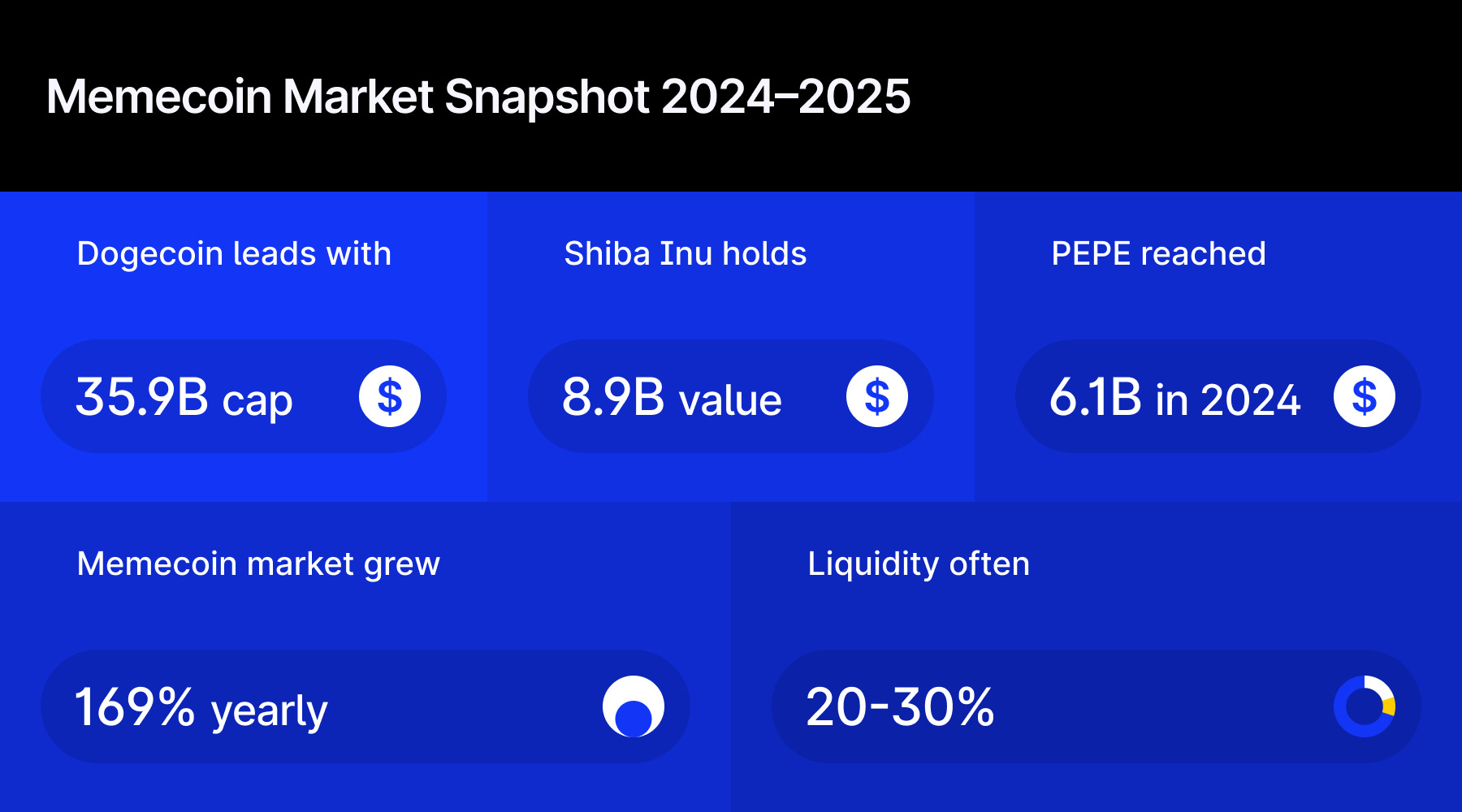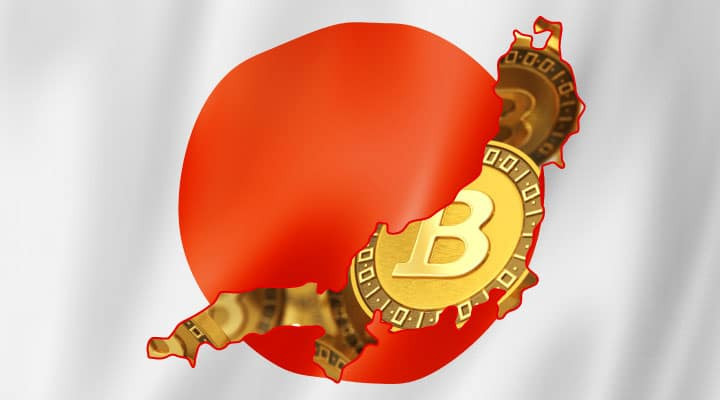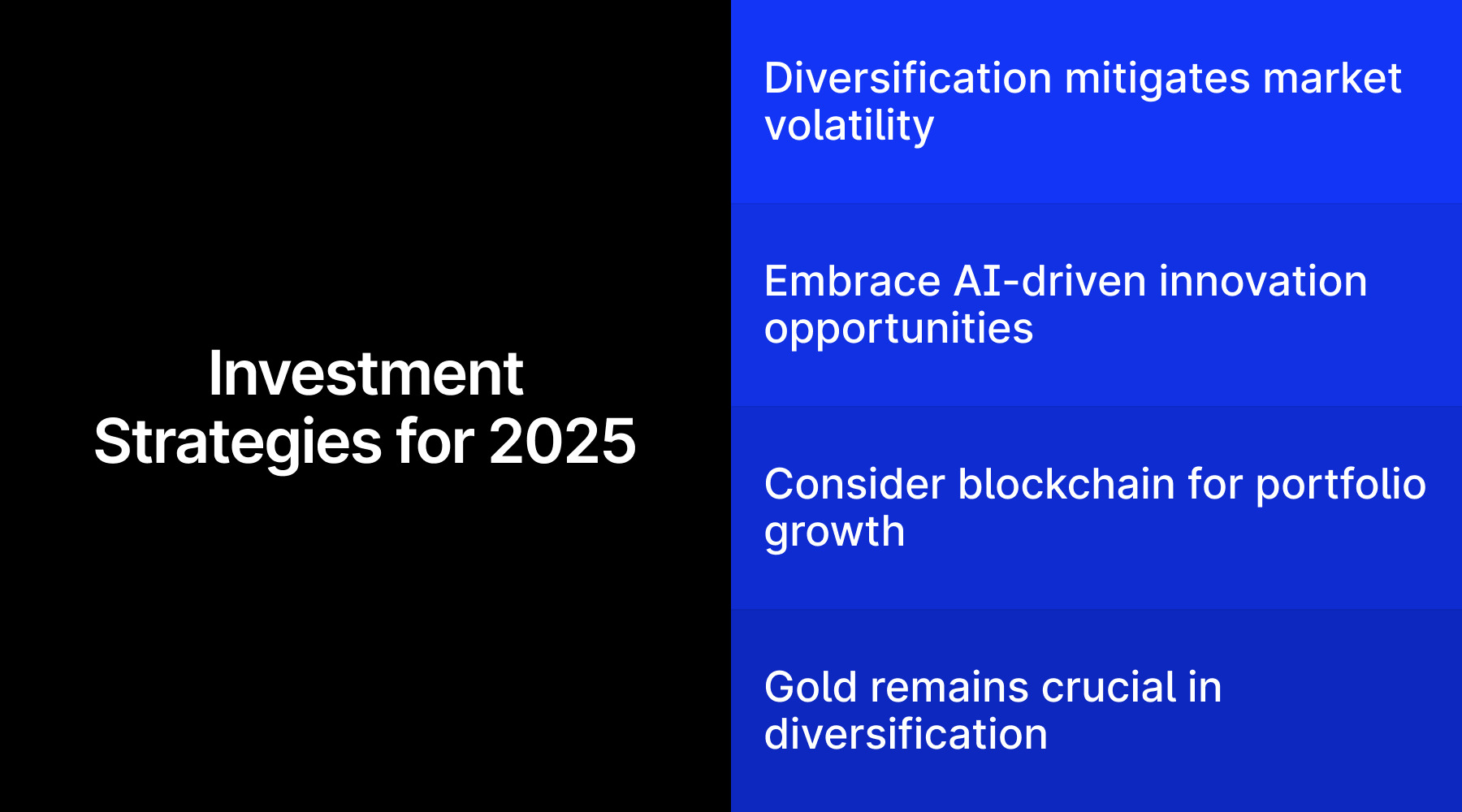The trend that will shape the crypto and Web 3 space in 2024 is the role of AI as a game maker, which is the concept of using AI to generate, design, and develop games. It can provide various advantages for game-making, such as speed, scale, and diversity. In this second part of my predictions for crypto and Web 3 in 2024, I will delve into an in-depth analysis of crypto and Web 3.
The first part of the series discussed user experience in relation to the adoption of crypto, and the role of AI.
AI Becomes a Game Maker
AI can create games faster than human developers, as it can automate the processes of coding, testing, and debugging. This allows games at a larger scale than human developers, as it can produce infinite variations, combinations, and permutations of game elements, like rules, mechanics, levels, or genres. Thus bringing in more diversity than human developers, as it can generate novel, original, and surprising game elements like themes, stories, characters, or aesthetics.
Just a few months back, I was exploring different AI game generators from G3D.ai, GPTGame.app to Scenario.com. To be honest, some of these tools perform very well. Games can be created with more adaptability than human developers, as it can adjust the game difficulty, content, and feedback based on the player’s preferences, skills, and behavior.

Therefore, in 2024, I predict that we will see a significant improvement in formal verification thanks to several factors:
- Easier
access: The first factor that will improve the formal verification is easier access, which is the concept of making the formal verification
more available and accessible for the crypto and Web3 community, by
lowering the barriers of entry, including skills, tools, and languages.
Easier access involves various methods, such as education, documentation,
and tutorials, that can teach and train the developers, users, and
auditors on the basics, principles, and practices of formal
verification.
Easier access involves various solutions, like frameworks, libraries, and templates, that can provide and support the developers, users, and auditors, with the necessary tools, languages, and resources, to perform formal verification. Easier access further requires various incentives: grants, bounties, and competitions, that can motivate and reward the developers, users, and auditors for participating and contributing to the formal verification. - Automated verification: The second factor is automated verification, leveraging AI to streamline and optimize the formal verification process by reducing human intervention, effort, and errors. Techniques, such as machine learning, natural language processing, and computer vision enable AI to understand, and analyze systems, their properties, and generate and verify proofs of correctness, security, and reliability. This automated approach enhances the efficiency, coverage, and quality of formal verification processes.

- Interactive
verification: The third factor that will improve the formal
verification is interactive verification, which is the concept of
using Web 3 to enable and facilitate the collaboration and communication
among the crypto and Web 3 community, in the formal verification process,
by leveraging the decentralized, transparent, and incentivized nature of
Web 3.
Interactive verification involves various platforms, fore example DAOs, DApps, or NFTs, that can empower and connect the developers, users, and auditors to create, share, and verify the system, and its properties and proofs in a peer-to-peer, trustless, and permissionless way. Interactive verification involves various mechanisms, like tokens, governance, or reputation, that can align and reward the interests, actions, and outcomes, of the developers, users, and auditors, in the formal verification process.
NFTs Become Brand Assets
The other trend that will impact the crypto and Web3 space in 2024 is the NFTs, which are non-fungible tokens that can represent unique and scarce digital assets, such as art, music, games, or collectibles, and can be owned, traded, or monetized by the users, on blockchains. They are popular for users, as they can provide authenticity, provenance, and ownership, of their digital assets, as well as creativity, expression, and identity of their digital selves.
They are also popular for creators, as they can provide new ways of creating, distributing, and NFTs are popular for creators, as they can provide new ways of creating, distributing, and monetizing their digital works, as well as connecting, engaging, and rewarding their fans and communities.
However, in 2024, I predict that we will see a new wave of NFTs that will become brand assets, which are digital assets that can represent the identity, value, and reputation of a brand. These are broken down as a company, organization, or influencer, and can be owned, traded, or monetized by the brand, on blockchains. Brand assets are important for brands, as they can provide differentiation, recognition, and loyalty of their brand, as well as innovation, expression, and impact, of their brand.
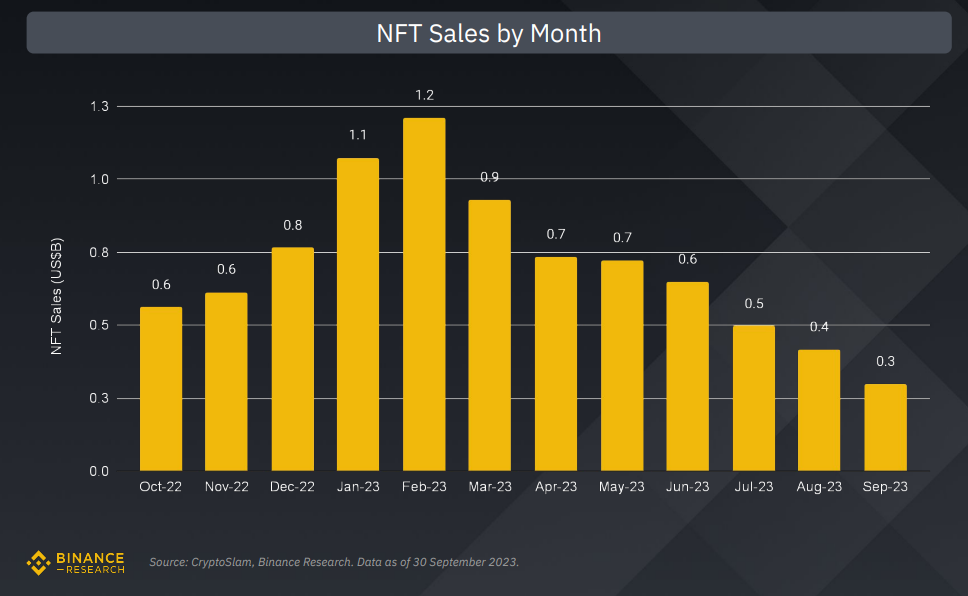
Some examples of NFTs as brand assets that will emerge or expand in 2024 are:
- Nike is a global sports brand that produces and sells footwear, apparel, equipment, and accessories for various sports and fitness activities. Nike is also a pioneer in using NFTs as brand assets, as it has launched its own NFT platform, called CryptoKicks, which allows users to buy, sell, and trade digital sneakers, that are NFTs that have different designs, features, and values. Users can also customize, personalize, and animate their CryptoKicks using the platform’s tools, such as NikeID, which allows users to design and create their own NFTs, or NikeAR, which allows users to view and interact with their NFTs, using augmented reality. I hope to see more developments in 2024.
- Oracle Red Bull Racing is another sports brand that I would mention. They have launched a series of NFTs called The Velocity Series with Bybit. They have involved leading artists: Rik Oostenbroek, Per Kristian Stoveland, Erick Snowfro and Jack Butcher. They have done extremely well in the bear market where basically no one is talking about NFT. This series has been the most high-end and successful Web 3 digital art membership and artist drop in the last two years. The series has not only showcased artistic brilliance but also created a unique blend of art, technology, and racing excitement. Its global reach and innovative activations have made a lasting impact, setting new standards in the Web3 art community. With full disclosure, I am part of this drop, and I am delighted to see it from the start to the end. Although I will not be part of the team in 2024, I am still very excited to see what they will do in 2024.
In a Nutshell
Crypto and Web3 are not only technologies, but also movements, that are transforming the world of digital assets, games, and brands, in unprecedented ways.
By using blockchain, AI, and Web3 technologies, users, creators, and brands can create, own, and monetize their digital works, as well as connect, collaborate, and govern their digital communities, in a decentralized, transparent, and incentivized manner. These trends are not only exciting but also challenging, as they pose various technical, social, and ethical questions, that need to be addressed and resolved by the crypto and Web 3 community and beyond.
I believe that crypto and Web 3 have the potential to unleash the creativity, expression, and innovation, of the human spirit and to empower the individual, collective, and global well-being, of human society. I also believe that crypto and Web3 have the responsibility to uphold the values, principles, and standards of human dignity and to respect the rights, freedoms, and diversity, of the human culture.



